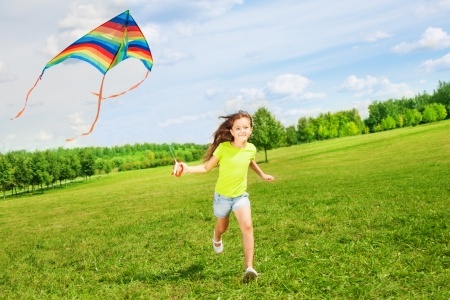Modern pedagogical approaches accentuate on the importance of play as an essential component of a child’s well-being. Learning in the process of playing is generated by the child’s individual or group interests. It is the child’s curiosity and inventiveness that is the engine for activities to be tailored to their needs and provide a bunch of opportunities for learning and enjoying it. If we take the perspective of the child, and try to look through their prism, some general issues come to the fore, when exploring early childhood practices in Ireland:
The play is a natural activity for children.
Controlling play by the adults is a problem. It is children that make their choice. It is better to discuss that with them. What children like playing with is related to constructing with Lego, Star Wars activities, jigsaw puzzles, dolls and teddies, special effects, to name a few.
Children like playing with their friends or on their own.
They confess they will get rid of crocodiles if they have a magic wand, or will try to become invisible. Making the weather sunny, or getting old to have the opportunity to buy preferred toys are also among their favorites that come out of magic. Time to play never suffices, although even with homework duties some children enjoy playing for hours afterwards. Adults need to know that children need more time to play, and that it is fun to do that. They should encourage children to play as passion for life and learning can be stimulated that way.
In their play, children show curiosity, vitality, self-confidence. That brings on board the strong impression that their fundamental needs are satisfied, and their views are acknowledged by involving them in the discourse. Observing children, we can discover their interests, and untap their potential by activities that meet their needs and expand their horizons.


Recent Comments